Your Bank Verification Number (BVN) is a crucial identification tool in the Nigerian banking system. It serves as a unique identifier for every bank account holder, helping to curb fraud and improve the security of financial transactions.
However, in certain situations, your BVN can be blacklisted, which can have serious consequences for your financial activities. Here’s how to determine if your BVN is blacklisted and what to do if you find yourself in such a situation.
Join our WhatsApp ChannelUnderstanding BVN Blacklisting:
BVN blacklisting occurs when a bank or regulatory authority identifies suspicious or fraudulent activities associated with your BVN.
This could include involvement in financial scams, identity theft, loan defaults, or other illegal activities. When your BVN is blacklisted, it may result in restrictions on your access to banking services and financial transactions.
READ ALSO:How To Check BVN On UBA Platform
How to Check if Your BVN is Blacklisted:
Contact Your Bank: The first step is to contact your bank and inquire about the status of your BVN. They will be able to provide you with information on whether your BVN is blacklisted and the reasons behind it.
Use BVN Verification Services: You can use the official BVN verification platforms provided by the Central Bank of Nigeria (CBN) or other authorized agencies. These platforms allow you to check the status of your BVN and verify its authenticity.
Visit Your Nearest Bank Branch: If you are unable to obtain information through online or phone channels, visit your nearest bank branch and speak to a customer service representative. They can assist you in checking the status of your BVN.
Check Your Account Statements: Regularly review your bank account statements for any unusual or unauthorized transactions. If you notice any suspicious activity, it could be an indicator that your BVN has been blacklisted.
What to Do If Your BVN is Blacklisted:
If you discover that your BVN is blacklisted, take the following steps:
Contact Your Bank: Reach out to your bank immediately to discuss the issue and understand the reasons behind the blacklisting. They can guide you on the necessary actions to rectify the situation.
Rectify Any Issues: If the blacklisting is due to loan defaults or outstanding debts, work with your bank to establish a repayment plan and clear your obligations.
Report Fraudulent Activity: If your BVN is blacklisted due to fraudulent activity that you didn’t commit, report it to the relevant authorities and provide any necessary evidence to prove your innocence.
Follow Legal Procedures: Be prepared to follow legal procedures if required to resolve the issue, including seeking legal advice if necessary.
In conclusion, keeping your BVN in good standing is essential for seamless banking transactions in Nigeria. Regularly monitor your financial activities and address any issues promptly to avoid blacklisting. If you do find yourself in such a situation, take immediate steps to rectify it with the help of your bank and relevant authorities.
Frequently Asked Questions (FAQs)
What are the common reasons for BVN blacklisting in Nigeria?
Several reasons could lead to BVN blacklisting in Nigeria, including:
Loan Defaults: If you have unpaid loans or outstanding debts, your BVN may be blacklisted. Banks and lending institutions use BVNs to track borrowers, and non-repayment of loans can result in blacklisting.
Fraudulent Activities: Involvement in financial scams, identity theft, or other fraudulent activities can lead to BVN blacklisting. Authorities may take this step to protect the financial system and prevent further fraudulent transactions.
Legal Issues: BVNs can be blacklisted due to legal disputes, such as court orders or judgments against you related to financial matters.
Suspicious Transactions: Unusual or suspicious financial transactions associated with your BVN can also trigger blacklisting. Banks monitor accounts for such activities to prevent money laundering and fraud.

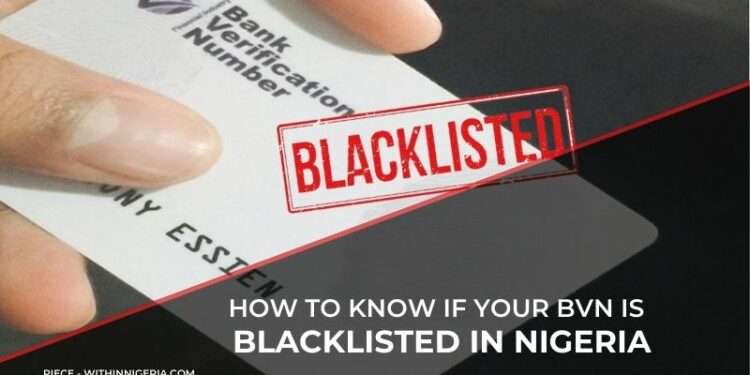



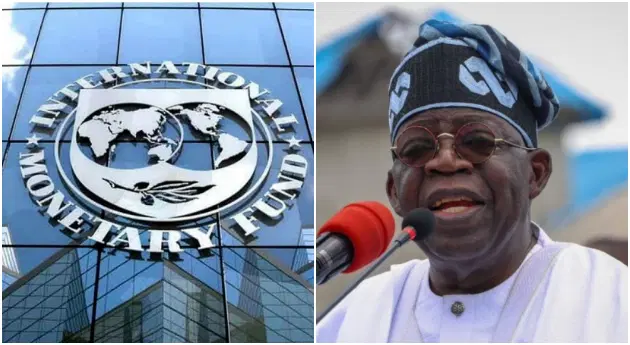



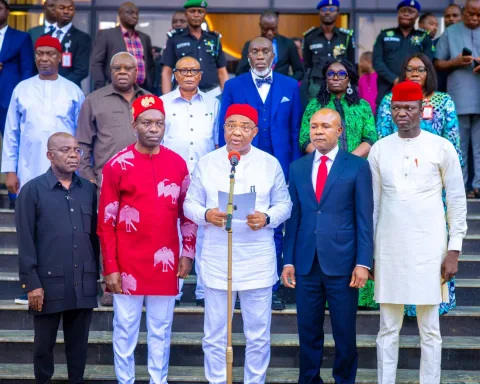





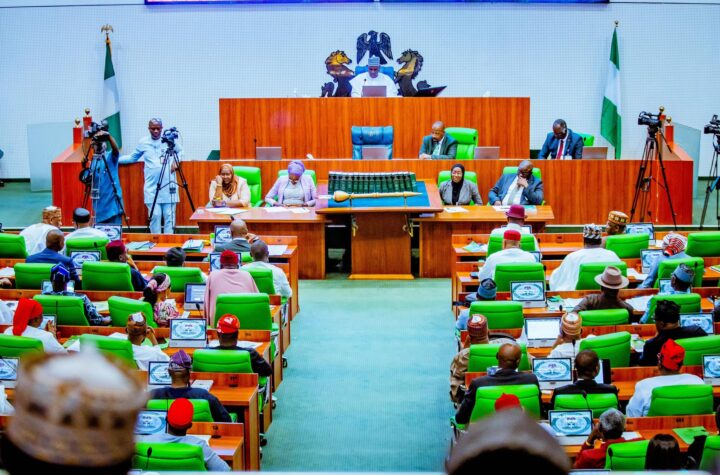
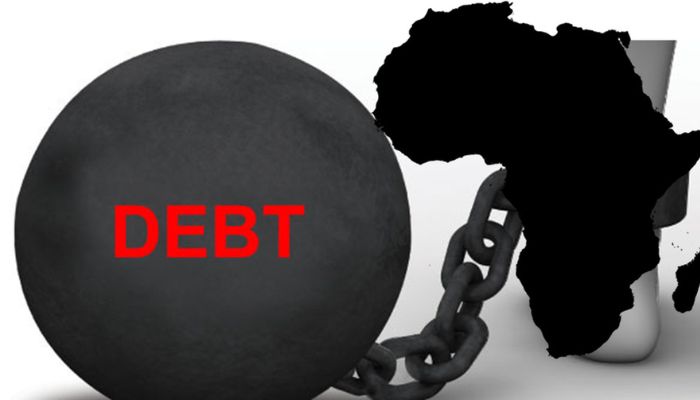
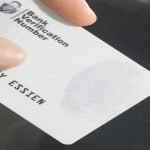
Follow Us